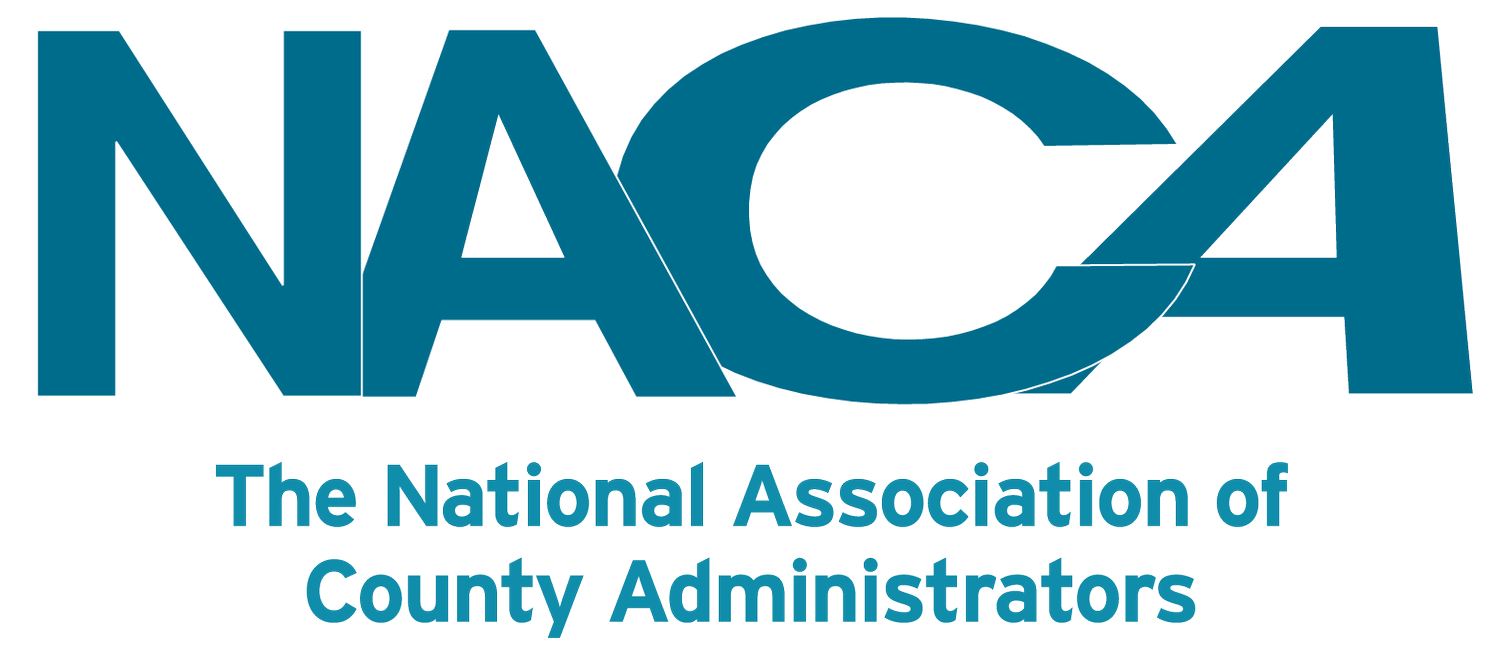Change remains a constant for county elections operations
AUTHOR: Mary Ann Barton | County News Editor & Senior Writer | January 29, 2024 | NACo News
The Nov. 5, 2024 presidential election looms large, with plenty to consider: What will voter turnout look like? Will election administrators have enough workers? Will security be a concern?
Local election administration has always been something of a patchwork quilt across the country. That’s no different even within some states.
In Davis County, Utah, County Clerk Brian McKenzie runs the elections. In most of the counties there, it’s a duty of the person whose job holds the dual title of clerk/auditor. But in Utah, a state law allows county boards to decide if they want to change that, splitting the county clerk/auditor position into two jobs. That’s what Davis County decided to do beginning in 2022.
All about elections
County governments oversee most local, state, and federal elections at the local level, including voter registration, managing polling places, and coordinating poll workers.
In each election cycle, counties oversee over 100,000 polling places staffed with over 630,000 poll workers.
In 2022, more than 201 million people were registered and eligible to vote in jurisdictions where counties play a significant role in election administration.
“As they talked about this in their meetings, they were looking at the complexity of both of those jobs — they are both very demanding,” McKenzie said, noting that clerks also handle many other duties in addition to elections.
“It’s difficult for a county our size [more than 367,000 as of the 2021 Census] to manage those duties and dedicate the resources needed. They took into account the size of the county, the demands, the expertise that’s needed and you’re looking at that and looking for someone to serve as chief financial officer, looking for a GFOA or CPA or something like that [for the auditor portion of the job] and that doesn’t always equate to someone knowledgeable about elections.”
“Elections have definitely advanced in sophistication, technology and legislative requirements,” said McKenzie, who has worked in election administration and seen those changes over the past 18 years.
Appointed county administrator vs. elected county clerk
In Texas, a new state law takes away an appointed election administrator position in any county with a population of 3.5 million or more. The only county that is impacted by that is Harris County, which appointed its first election administrator in 2020.
Those who back the new law point to what they say was mismanagement (citing long wait times and ballot paper shortages) of a 2022 election by a newly appointed election administrator. Since the new law went into effect last fall, the elected County Clerk Tenesia Hudspeth will administer elections and elected tax Assessor-Collector Ann Harris Bennett will handle voter registration.
“The public needs to know that there is a chief election official for the county who is committed to conducting the elections with a nonpartisan spirit and in accordance with the law to enable all voters equal access to the voting process,” Hudspeth said in a statement to Votebeat.
In Cascade County, Mont., a newcomer to election administration won an election by 40 votes, ousting someone with 16 years of experience. After problems arose with elections under the new county clerk, the Board of Commissioners took advantage of a state law that allows them to appoint an election administrator.
“The law here in Montana says the clerk and recorder will be the elections administrator unless the local governing body decides differently,” said Cascade County Commissioner Jim Larson. “I voted to overturn it.”
Larson said he hopes they will have some interviews for the new elections administrator position “done by the end of this month.”
His advice to other counties facing an issue with someone in the job who is inexperienced: “If I’d let this go, it never would have healed itself. We had to cut the cord here and go to work on this whole thing. It’ll calm down.”
“If I had to tell somebody else, if they feel uncomfortable with their current situation and they have a statute like we do, where they can take it, if you have a feeling like that, you should probably do it sooner rather than later.”

